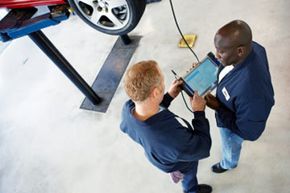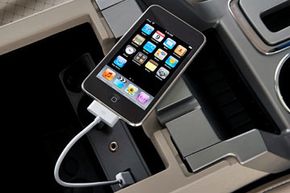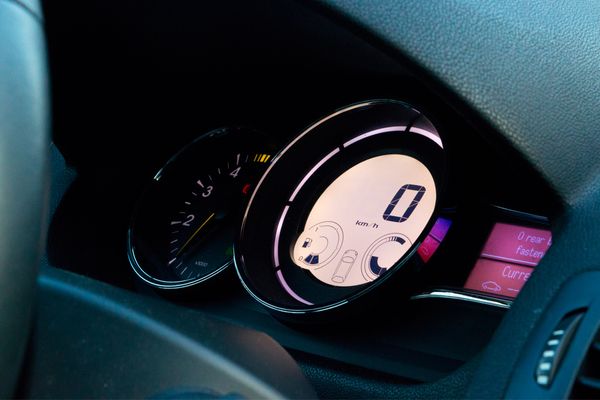More than 100 Texas drivers could have been excused for thinking that they had really horrendous luck or -- at least for the more superstitious among them -- that their vehicles were possessed by an evil spirit. That's because in 2010, more than 100 customers of a dealership called Texas Auto Center found their efforts to start their cars fruitless, and even worse, their car alarms blared ceaselessly, stopped only when the batteries were removed from the vehicles [source: Shaer].
What seemed to some to be a rash of coincidence and mechanical failure turned out to be the work of a disgruntled employee-turned-hacker. Omar Ramos-Lopez, who had been laid off by the Texas Auto Center, decided to exact some revenge on his former Austin, Texas employer by hacking into the company's Web-based vehicle immobilization system, typically used to disable the cars of folks who had stopped making mandatory payments [source: Shaer]. Besides creating plenty of mayhem and generating a flood of angry customer complaints, Ramos-Lopez, who was eventually arrested, highlighted some of the vulnerabilities of our increasingly computer-dependent vehicles from a skilled and motivated hacker.
Advertisement
Although Ramos-Lopez's attack generated a lot of attention, his hacking was fairly tame compared to the possibilities exposed by analysts at a number of different universities. Indeed, in 2010 researchers from the University of Washington and the University of California at San Diego proved that they could hack into the computer systems that control vehicles and remotely have power over everything from the brakes to the heat to the radio [source: Clayton]. Researchers from Rutgers University and the University of South Carolina also demonstrated the possibility of hijacking the wireless signals sent out by a car's tire pressure monitoring system, enabling hackers to monitor the movements of a vehicle.
Taken together, these events show that cars are increasingly vulnerable to the sort of viruses (also known as malware) introduced by hackers that routinely bedevil, frustrate and harm PC users everywhere. Obviously, this has real implications for drivers, although the researchers themselves point out that hackers have not yet victimized many people. But the ramifications are clear.
"If your car is infected, then anything that the infected computer is responsible for is infected. So, if the computer controls the windows and locks, then the virus or malicious code can control the windows and locks," says Damon Petraglia, who is director of forensic and information security services at Chartstone Consulting and has trained law enforcement officers in computer forensics. "Same goes for steering and braking."
Read ahead to find out why more technologically advanced cars are more at risk.
Advertisement




